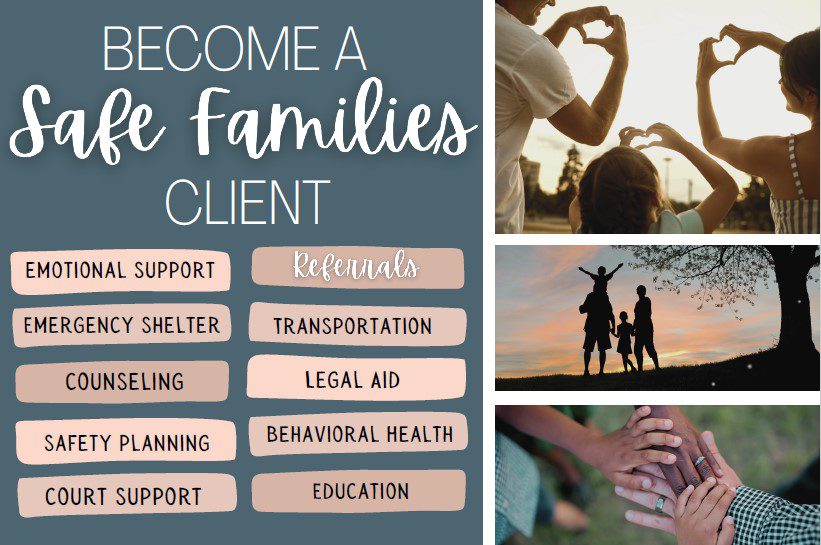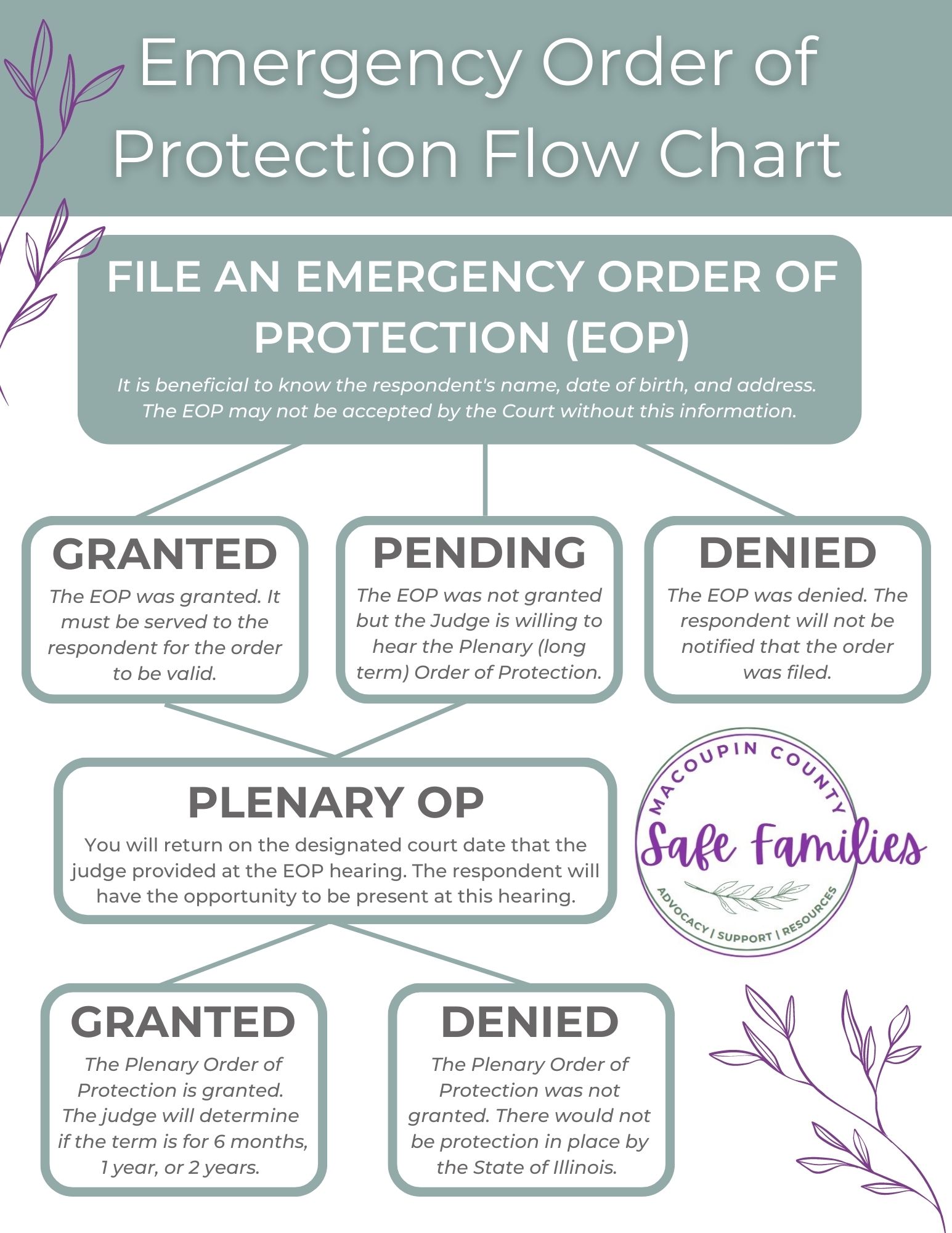16 million American adults are affected by depression every year. Depression is more than just feeling down or having a bad day. When a sad mood lasts for a long time and interferes with normal, everyday functioning, you may be depressed. Depression takes a toll not only on the individual but also the entire family and can lead to marital problems and cause adverse effects on the emotional, behavioral and cognitive development of children in the family. Depression can cause impaired functioning, loss of income and diminished quality of life.
Symptoms of depression include:
- Feeling sad, worthless or helpless
- Lack of interest in usual activities
- Feeling irritable‚ easily frustrated‚ or restless
- Sleep disturbance
- Fatigue or loss of energy
- Feelings of worthlessness or inappropriate guilt
- Difficulty concentrating or making decisions
- Thinking about suicide or hurting yourself
What Causes Depression?
The exact cause of depression is unknown. It is believed that depression results from the interaction of a combination of factors:
- Genetically influenced responses to stress
- Exposure to early life stress, such as trauma, abuse or loss of parent
- Presence of ongoing stressors, such as death of a loved one, divorce or loss of a job
- Going through a major life change‚ even if it was planned
- Having a medical problem, such as cancer, stroke, or chronic pain
- Using alcohol or drugs
What Are the Treatments for Depression?
Many helpful treatments for depression are available. Treatment for depression can help reduce symptoms and shorten how long the depression lasts. Treatment can include getting therapy and/or taking medications.
Many people benefit from seeing a therapist who can help you cope with thoughts‚ feelings‚ and issues that are happening in your life now and prepare you for challenges in the future. Some common goals of therapy include:
- Overcoming fears or insecurities
- Coping with stress
- Making sense of past painful events
- Having better relationships with family and friends
Many people with depression find that taking prescribed medications called antidepressants help improve their mood and coping skills. Several antidepressant medications are available and sometimes it takes several tries to find the best medication and the right dose for you, so be patient. Some people start to feel better a few days after starting the medication‚ but it can take up to 4 weeks to feel the most benefit. Antidepressants work well and are safe for most people‚ but it is still important to talk with your doctor if you have side effects. Some antidepressants may cause risks during pregnancy so it is important to tell your provider if you are pregnant or might be pregnant, or if you are planning to become pregnant.
Depression and Suicide: Getting Help in a Crisis
If you or someone you know is having thoughts about hurting themselves or committing suicide‚ please seek immediate help. Call 1−800−273−TALK (8255) to reach a 24−hour crisis center or dial 911. 1−800−273−TALK is the National Suicide Prevention Lifeline, which provides free‚ confidential help to people in crisis.
Get Informed. Get Screened. Get Help.
According to the CDC, nearly 90% of persons with severe depressive symptoms reported difficulty with work, home, or social activities yet only 35.3% of persons with severe depressive symptoms reported having seen a mental health professional in the past year. The goal of treatment is remission and complete recovery to increase the quality of life for you and your loved ones. Both Maple Street Clinic and Morgan Street Clinic offer professional help for depression and other behavioral health issues. Medication management and counseling services are offered for all ages. We are currently accepting new patients, offer flexible appointments, and affordable rates.
See more here:
For more information or to schedule an appointment at one of our clinics call:
- Maple Street Clinic at 217-839-1526
- Morgan Street Clinic at 217-854-3692


